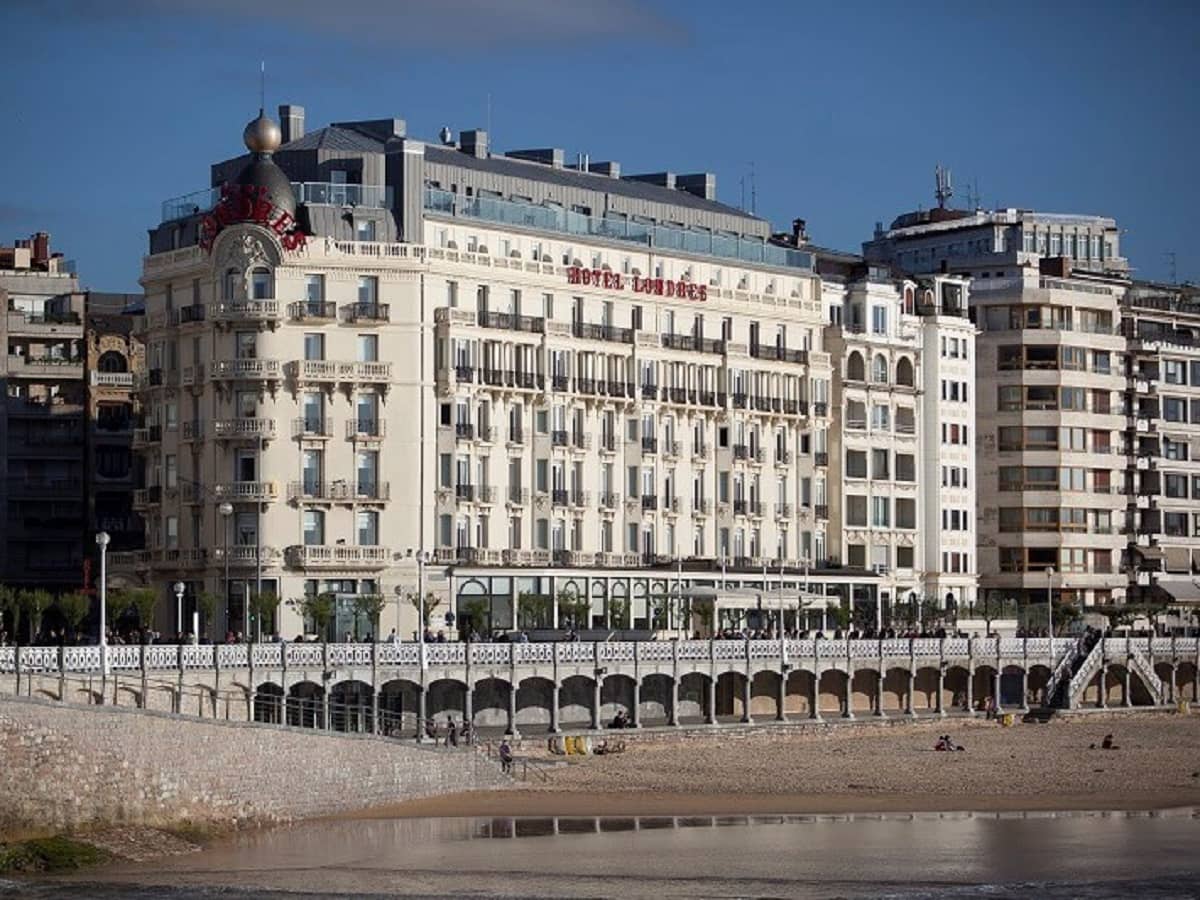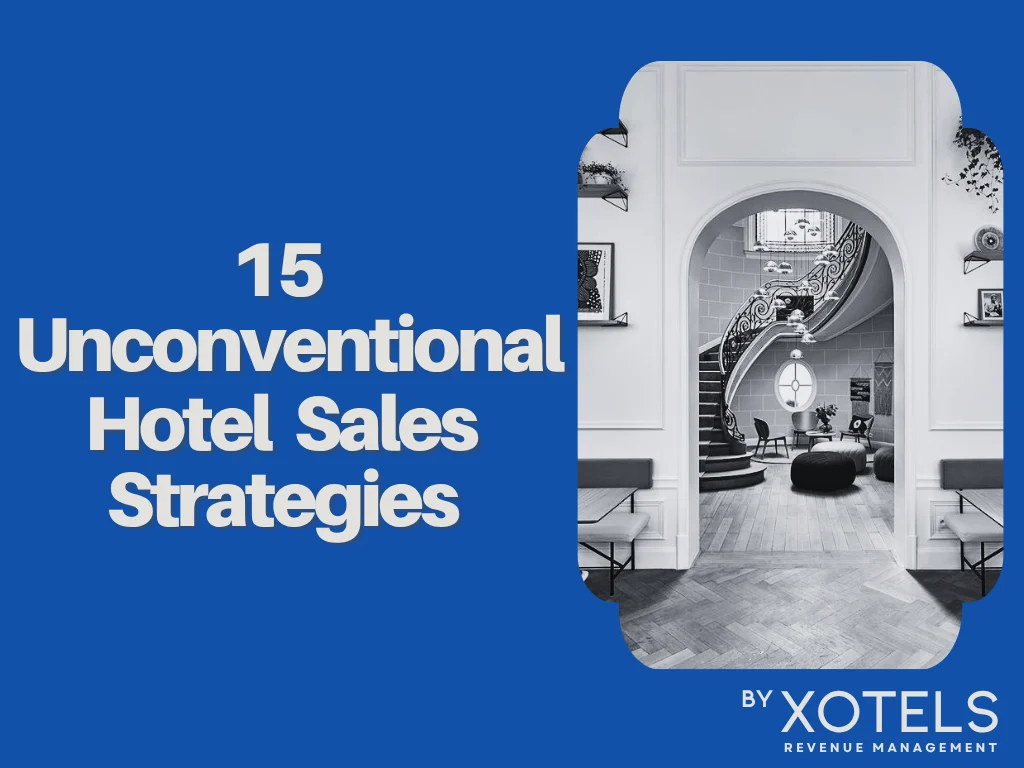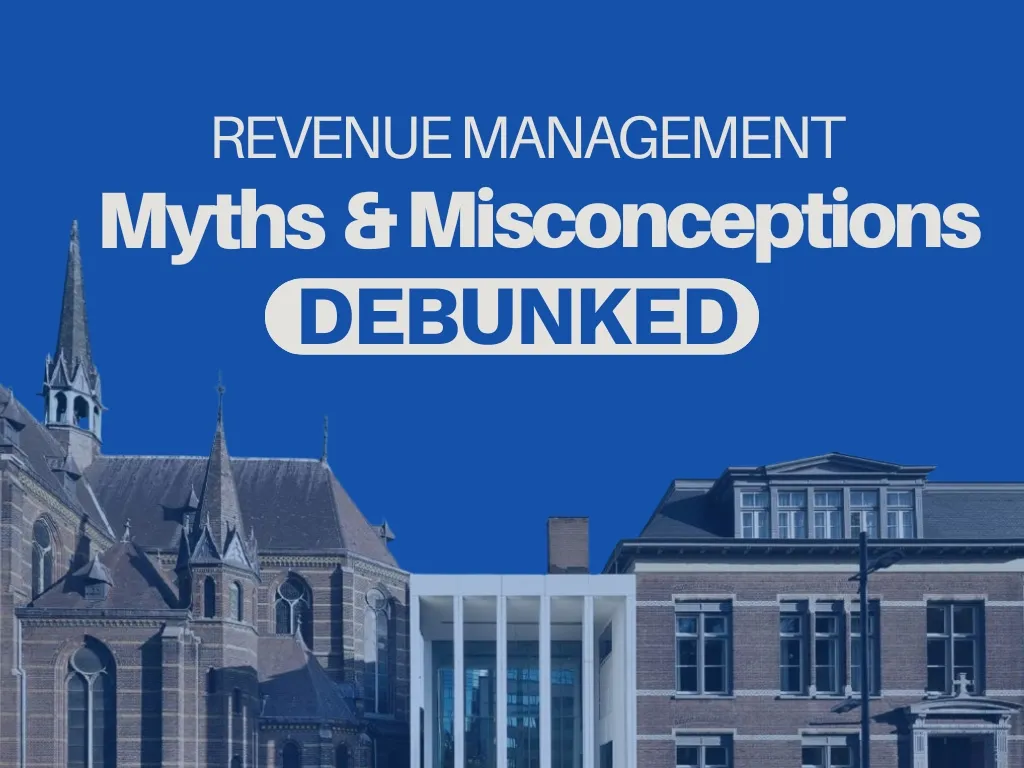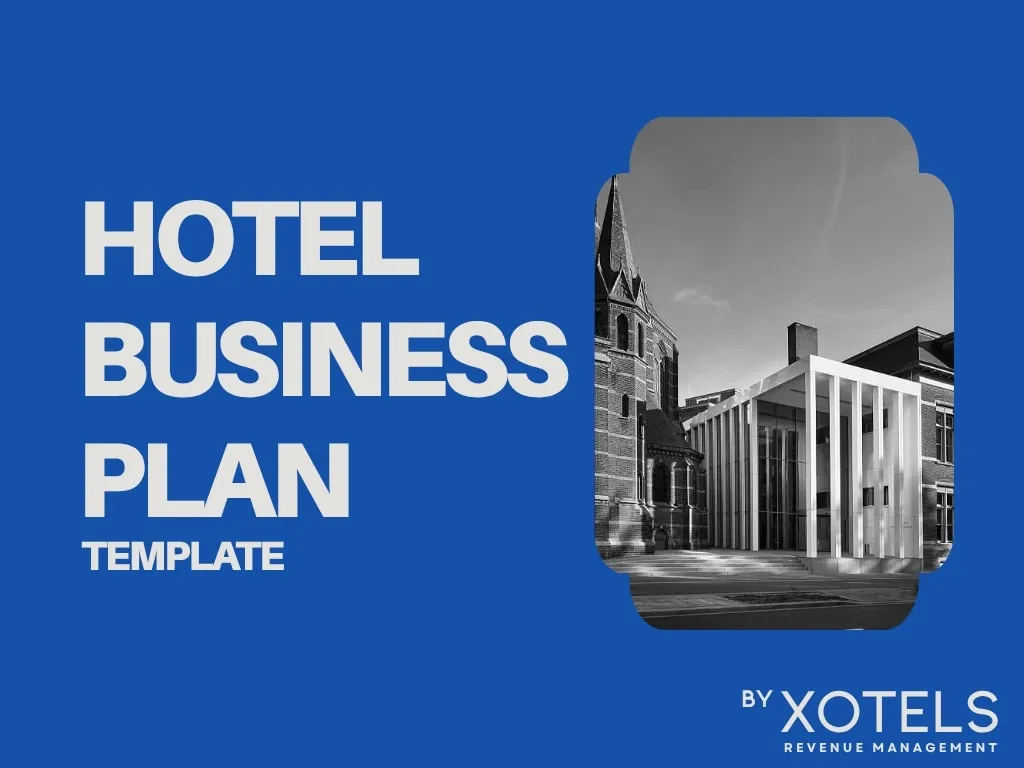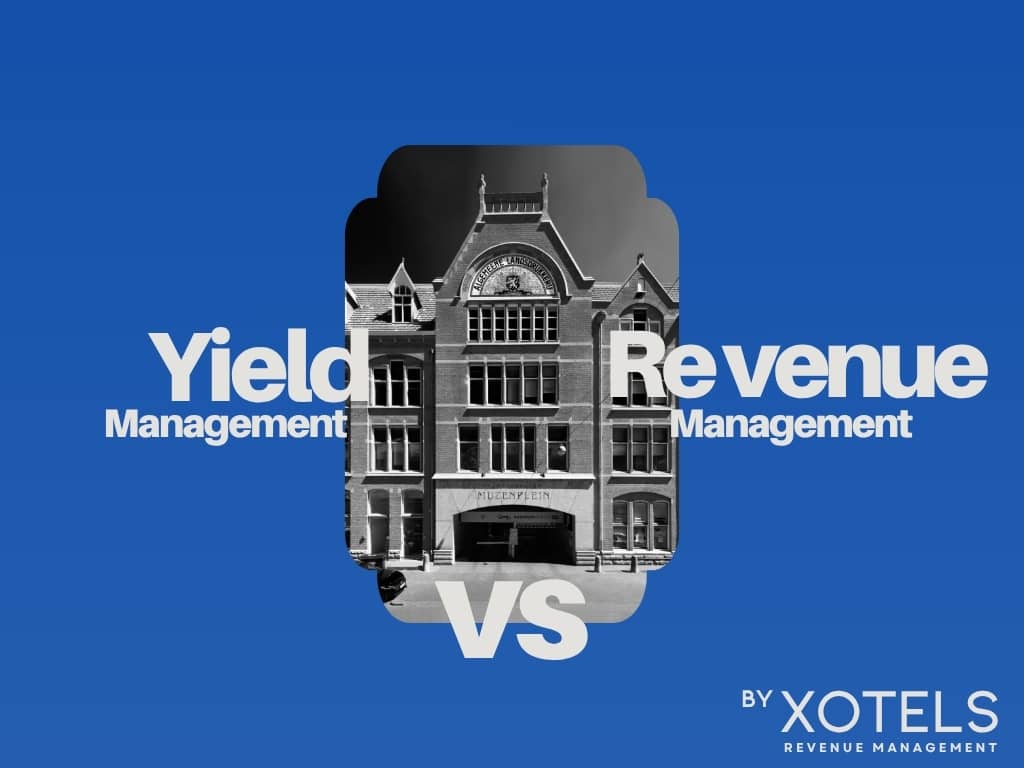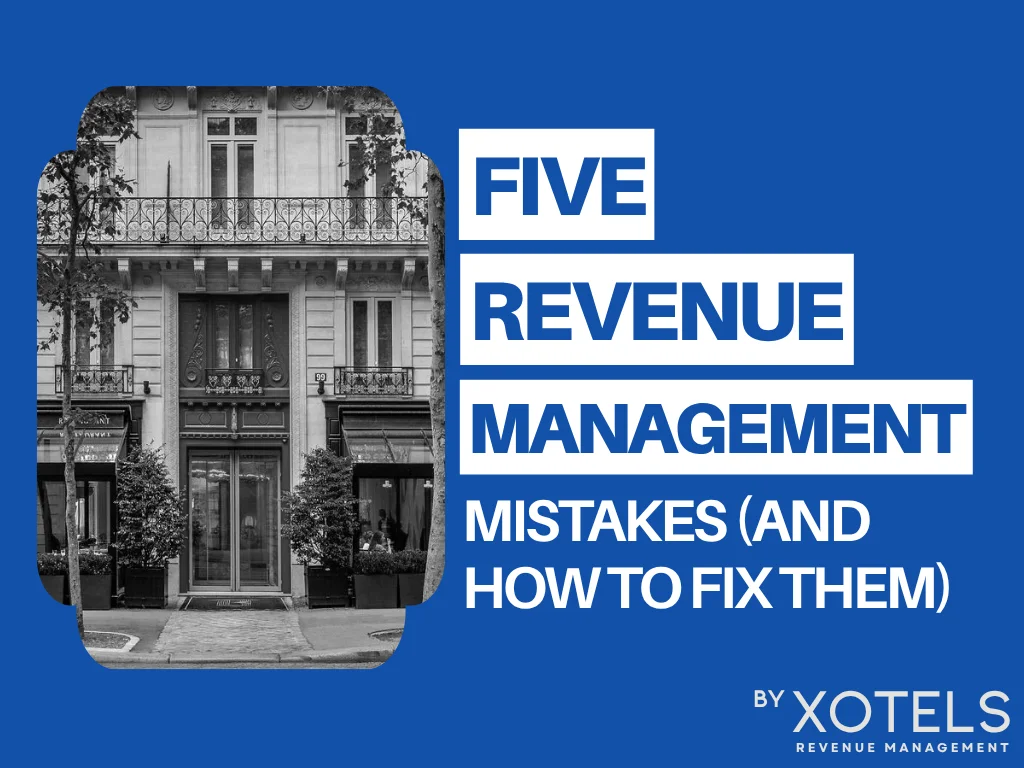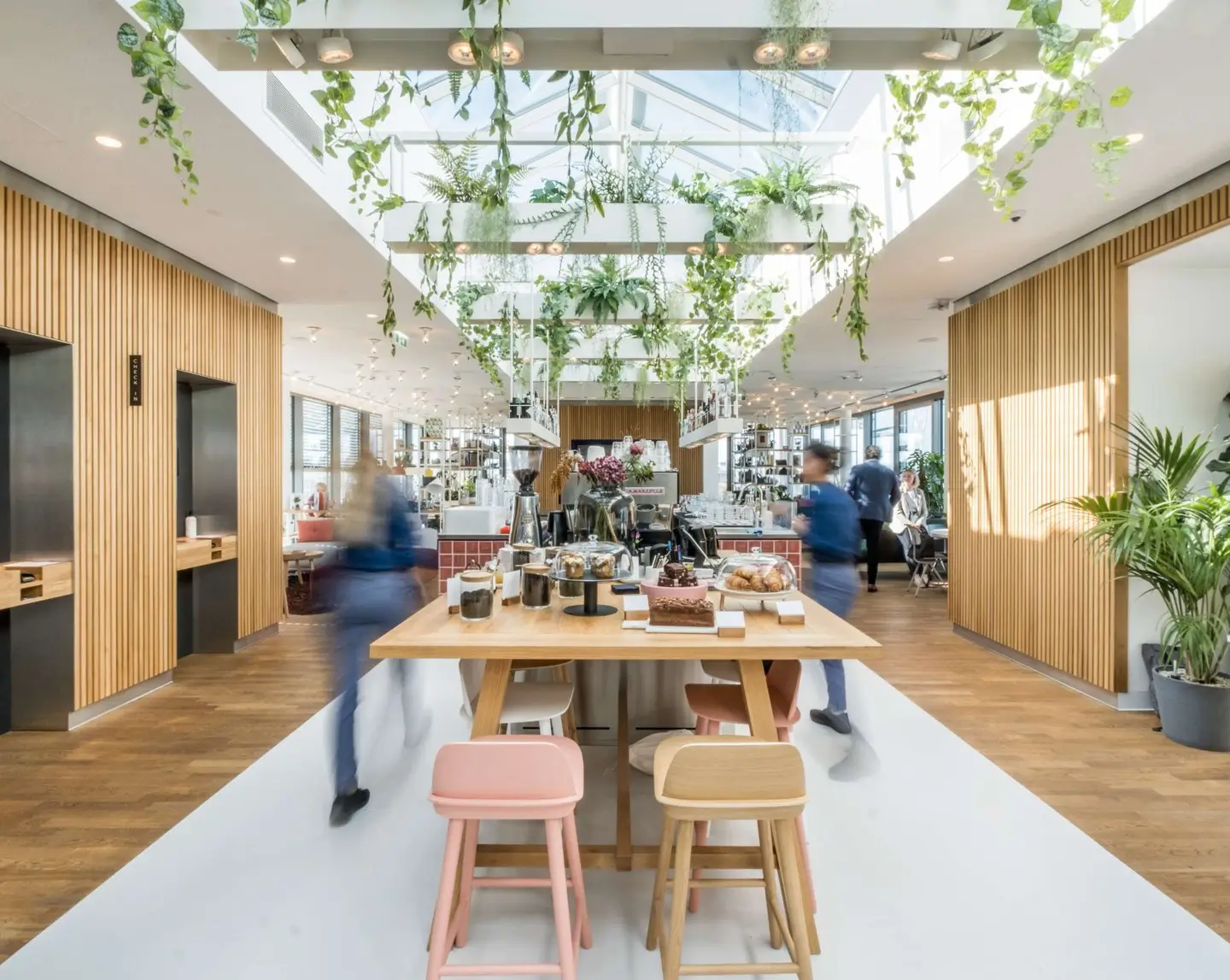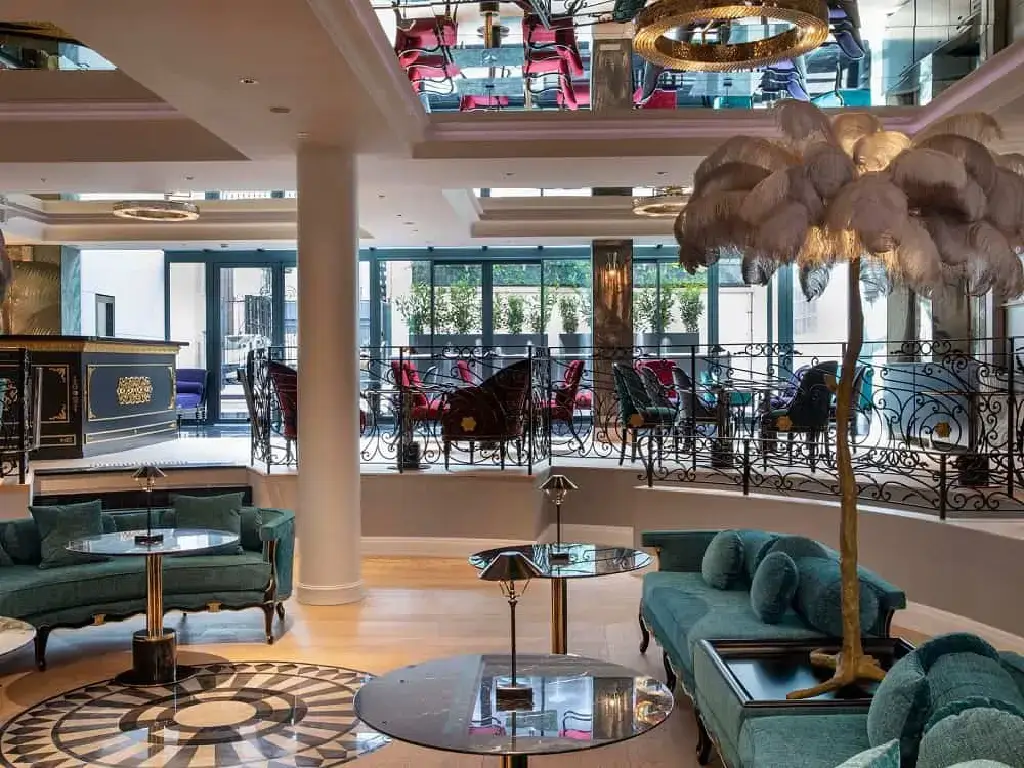Why Invest in Hotels or Resorts?
The concept of the hotel has existed for hundreds of years. Since the days of stagecoaches, overland exploration, and urban growth, entrepreneurs around the world have dived into hotel ownership. They sensed the potential, economic opportunity, purpose, growing markets, and prestige. In the modern hospitality industry, not too much has changed.
So what are the reasons for hotel investment? Let´s take a look from our perspective as a hotel revenue management consulting and hotel management company.
In this article:
1. Financial Reasons for Hotel Investment
Economic Gain
Financial returns rank high among reasons for hotel investment. That may be high income from the hotel’s operating cash flow, especially if they have long-term ownership intentions. Many independent hotels and resorts prioritize getting cash returns – especially family-run hotels with their ‘heirloom’ assets. On average, owners can achieve cashflow returns of 6% to 12% per year, or higher based on their hotel business plan.
Some owners favor returns via increasing the hotel’s capital value. They might have short or medium-term holding period intentions. Naturally, by increasing the cash-flow level from operations along with land value increases, an owner can make substantial capital gains and grow personal equity.
Risk vs High Returns
Hotel investments are typically associated with a higher risk in comparison to other commercial real estate (further referred to as CRE) asset classes. This is where the right hotel, asset management expertise, and hotel investment tips come into play, where knowledge of both the hospitality industry and asset management are determining factors in the success or failure of a hotel.
When involving hotel investment experts, the risk can be greatly minimized while at the same time working on optimizing the upside. This is where the real difference is made by strong asset managers.
Tax Efficiency
The possibility to deduct depreciation for hotel real estate makes tax efficiency an important reason for hotel investment. And, it will likely rank among the highest tax efficient investments in your portfolio.
Think of the range of physical property in a hotel – buildings, engineering infrastructure, furniture, fittings and equipment. Depreciation doesn’t reduce cash flow but it’s a non-cash expense and reduces taxable income.
Other reasons include equity growth and tax-free exchange.
First, think of Monopoly. What is key to winning a game? Yes, it is trading four green houses for one red hotel (a principle by Pete Wargent). The same applies to building wealth in real estate. This is where tax-free exchange comes into play, offering a great way to consolidate (multiple) assets into new property whilst avoiding taxations.
Another important reason is equity growth through means of investment recapitalization.
When debt is refinanced, it is possible to pull out cash which in turn will not be subject to federal income tax.
Leveraging Cost Control
Making high returns while keeping costs at a minimum comes down to managing expenses in the following three categories:
- Departmental (cost of goods sold)
- Undistributed (operating cost)
- Fixed (general cost unrelated to occupancy and revenue – fixed as the name implies)
Although some expenses in the above categories are difficult to negotiate (think of wages and utilities for instance), other expenditures are open for negotiation.
With the right amount of negotiation and strategic approach, you can bring costs down by determining one price level, meaning, the cost to run the hotel remains stable irrespective if business is up.
Herewith, you can leverage a healthy profit ratio when revenues go up while costs remain relatively low. Learn more on 10 Smart Hotel Cost Control Ideas to Save Money and explore expert advice to make the most out of your financials
Value-add Possibilities
Maximizing property value should be front of mind for any hotel investor or owner.
In general, there are four ways to focus on enhancing the value of your hotel:
Operations
Reaching high operational efficiency, with satisfied customers and employees is usually the result of strong management. The right management team can add significant value to the business while keeping cost at a minimum level.
Contract positioning
Securing contracts with suppliers and other support services can greatly drive asset value.
These can include the following:
- Food deliveries
- Maintenance contracts
- Favorable utility contracts
- (Future) interior/furniture purchase discounts
- Outsourced laundry services
- Room distribution contracts (i.e. OTAs, wholesaler commissions)
- Finance channels (e.g. mortgage rates, private lenders etc.)
Renovation
Starting with a well thought out plan for a hotel´s future need of redesign and renovations is key to maximizing long-term value. Both small upgrades and larger scale refurbishments are to be considered. Building a hotel around a modular or easily upgradable design can greatly bring down cost and add significant value.
Capitalization
Focussing on ways your asset value is optimally delivered to your bank account.
Inflation Reasons
Real estate assets (including hotels) are excellent inflation hedges – an important reason for hotel investment. Over long periods, hotel property often appreciates along with inflation.Or because of the upside the business is creating the value of a property can increase substantially due to a renovation project turning an asset into a hotel.
Fee Revenues
Attracting revenues fees is another reason for hotel investment. These fees can include:
- Development Fees
- Hotel Management
- Asset Management
By sourcing and managing a hotel acquisition deal from the start-up stages into a sustainable level of occupancy, owners can accrue development fees. Using a propco (property company) and opco (operating company) structure, owner-operators can charge and expense management fees. In case you’re managing for others, you can earn asset management fees.
These revenue reasons for hotel investment are very important to hotel developers and hotel operators. They may acquire and renovate assets, then exit with a management (or franchise) contract attached to the sale.
Cost Segregation
As a commonly used strategic tax planning tool, cost segregation allows to increase cash flow. There are two ways this can be achieved:
- Accelerating depreciation deductions
- Deferring federal and state income taxes
Hotels fall under multiple tax categories namely Goodwill, FF&E, and buildings, which all have different depreciation schedules. Based on the typical nature of hotels (operational and capital intensive) there are numerous bonus depreciation policies that can be taken advantage of that are not available to other CRE asset classes.
2. Other Reasons for Hotel Investment
Asset Diversification
While not a direct financial reason for hotel investment, diversification of investments is important. Hotel asset performance is historically not correlated with the stock market and even other real estate investments, which is a positive trend to consider. Many investors practice risk management and demand risk reduction across their portfolios using real estate, including hotels. Essentially, it is a protection based reason for hotel investment.
In addition, hotels offer the perfect platform to build on emerging trends that can be captured to further diversify revenue streams. A great example of this is the co-working trend which, despite slower development in 2020, is expected to see rapid growth from 2021 onwards, with a yearly growth rate of 21.3% of new co-working office spaces being added (Coworking Resources, 2020). Not only can trends like coworking be identified to fill up meeting spaces, but it will also be helpful in driving other parts of the business such as hotel room demand.
Considering how to funnel your investment is the next step, either choosing for a publicly traded real estate investment trusts (REITs) or private offerings. Choosing for private real estate investment typically yields higher returns, and is what we offer at XOTELS.
Capital Protection
As buying hotel real estate allows fast and substantial deployment of your capital, it’s another strong reason for investing in the hotel market. Hotel asset values can typically push into high 7, 8 and even 9 figure sums. The risk of negative market volatility is high when investing such figures into share transactions. Owners also protect via currency diversification.
Investment Control
Hoteliers normally demand decision-making control of their assets. They can’t – at least normally – acquire that control when investing in shares or managed funds. Holding day-to-day control and accountability, especially for independent hoteliers and family run properties, is an advantageous reason for hotel ownership. It adds ‘asset accountability’.
Community Footprint
Hotels can offer a positive impact to the surrounding community in which they operate, bringing in numerous opportunities including:
- Generating new jobs
- Far-reaching social impact
- Hosting social events and neighborhood gatherings in the event spaces (become a meeting point for the community)
- Co-working spaces
- Bringing in business for local shops in the close surroundings
- Gentrification (if the area can benefit from overall improvement)
All of these factors automatically benefit the entire community and local economy, as well as driving alternative revenues streams.
3. Personal Reasons for Hotel & Resort Investment
In it for the Game
Some people love the thrill of the chase and the game of business. Many stockbrokers and day-traders match this persona. A different reason for hotel investment is the rush of pursuing deals, chasing hotel development options and achieving returns – especially in top-tiered aspirational locations. Daily operations prove equally exciting for some hoteliers.
Independence
Despite sounding slightly philosophical, it is true that most look to build something of value in their lifetime. Hotels are a great way to envision your goals of building a business entirely up to your own preferences and ideas (as long as they are built around a target audience, of course).
Having something unique built personally without much external influence or restrictions that traditionally come with other investments, it offers great intrinsic motivation for many investors to make something truly great out of a hotel business.
Prestige Factors
It’s the egocentric reason for hotel investment. Owners of a small boutique may enjoy entertaining friends. At the opposite scale, the international trophy assets are popular among extremely high net worth individuals, sheiks and family offices. They’re willing to pay top dollar for prestigious hotels in landmarks with ‘high barrier to entry’ locations.
Family Heirlooms
Like other asset classes, many independent hotels across the world are run by small family businesses. It’s often 100% expected that the hotel will remain in the family. While keeping the asset in the family might be driven by emotional motivations, ROI, cash flow and other factors cannot easily be neglected in order to keep the business afloat.
Reasons for Hotel Investment: The Final Word
If you are a private or institutional investor thinking of buying a hotel or resort, first think about your reason for hotel investment. A combination of factors will likely exist. For hoteliers, it’s important to recognize your reason for hotel ownership – as that will drive your business plan, decision making, holding period, hotel branding decisions and other decisions. As a hotel revenue management consulting and hotel management company we have accompanied several hotels worldwide to make smart hotel investments, we hope our article has helped you to have a better understanting in general terms of investments.
Cheers,
Patrick Landman
Looking to invest yourself? Find your next property investment opportunity here.
Uncover the hidden revenue potential of your hotel
or resort.
More Free Resources
Top 10 Popular Posts
Blog Categories
Share This Story, Choose Your Platform!

About the Author:
As CEO and Founder of XOTELS, Patrick Landman has made it his mission to turn hotels and resorts into local market leaders. XOTELS´ diverse expertise and deep-knowledge across revenue management consulting, hotel management, and hotel consulting, enables us to drive results for independent boutique hotels, luxury resorts, and innovative lodging concepts. Below you will find opinion articles written by Patrick Landman.

